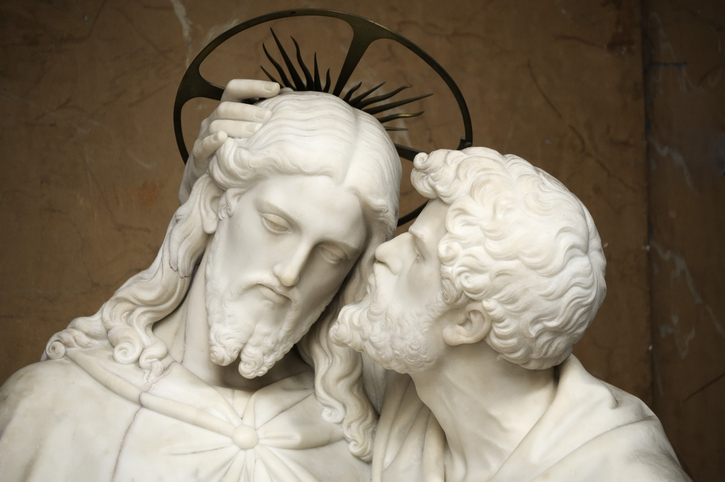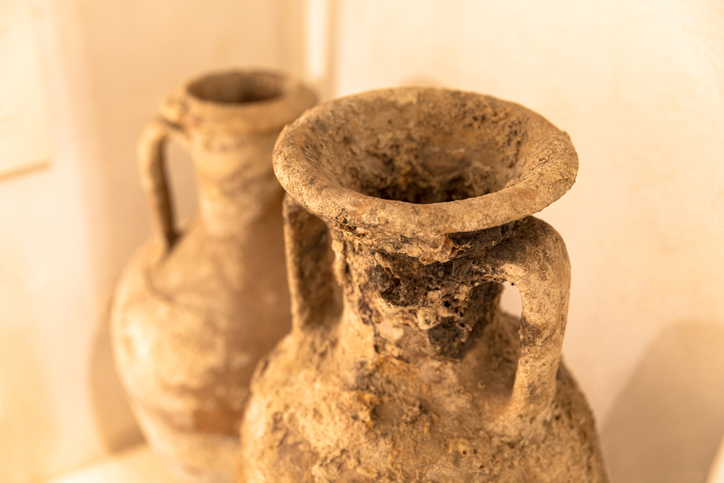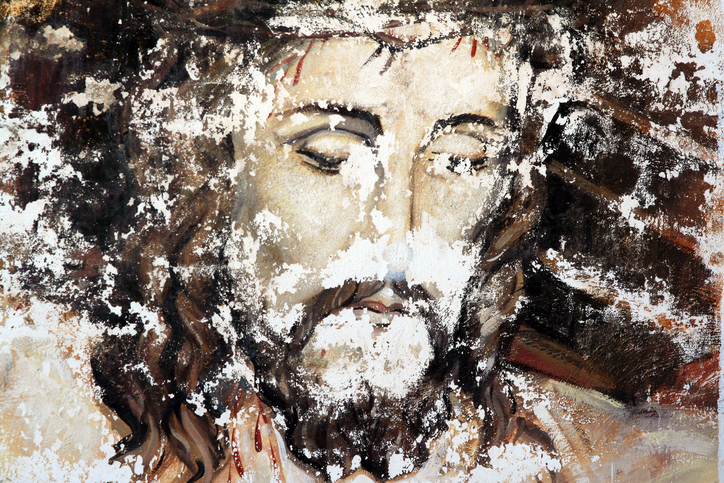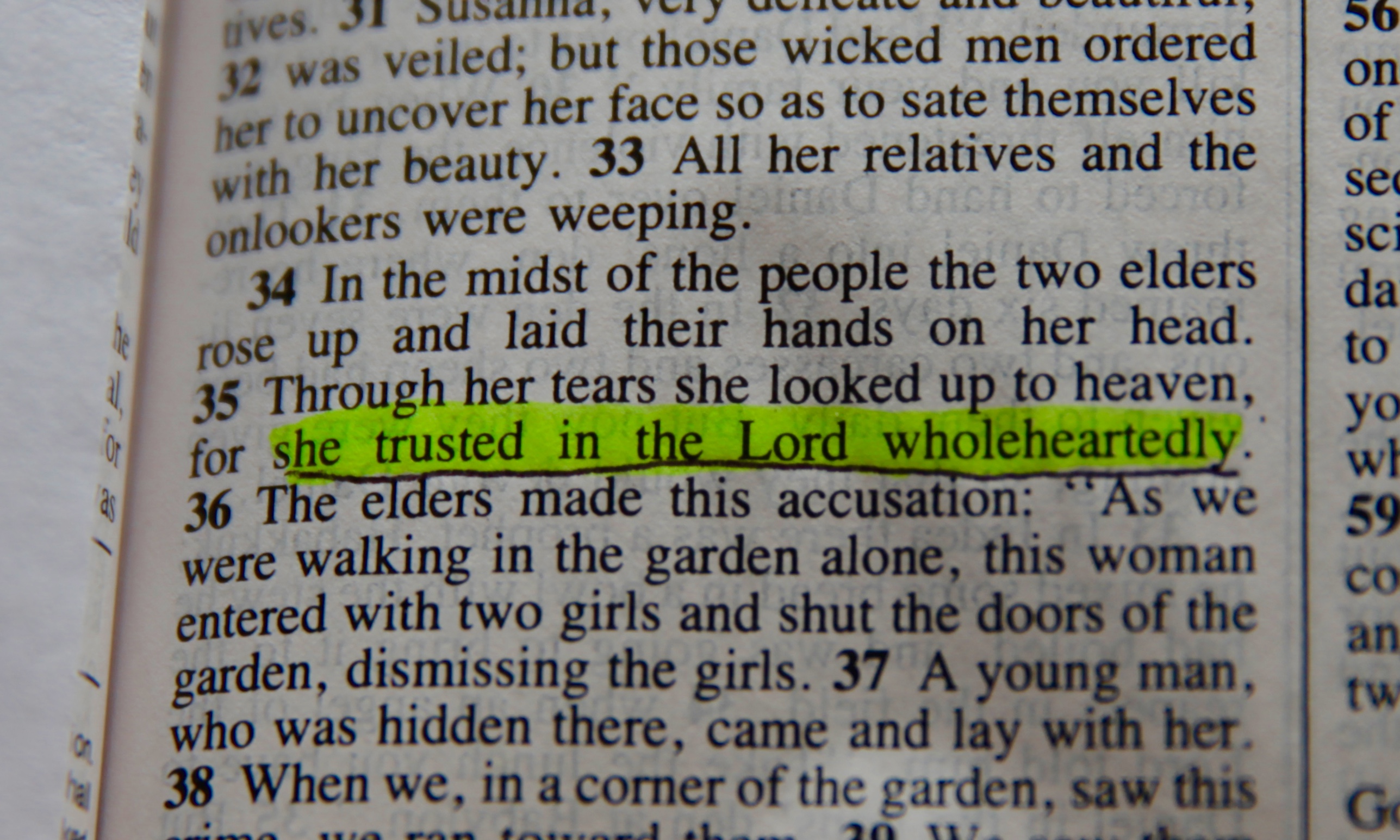We are in the middle of Holy Week, people! Less than a week until Easter! Less than a week until we commemorate the greatest gift of all! Is your soul refreshed? Are your hopes and desires getting you a step closer to heaven? Can you feel the deep waves of forgiveness pulling you into God’s great ocean of peace?
If your answer is without a doubt yes, then please, do tell me your secrets. I feel like I have done my best to be prepared for the memorial of Jesus’ resurrection, but I wouldn’t say that I’m 100 percent heaven-ready. Luckily, God understands that we are not perfect by default and has given us the Bible as a tool to use.
As I read over today’s first reading, it sounds like just the kind of quick guide that I need. I have a tongue, so I should speak to the weary. I have ears, so I should listen to the true word of Christ. My body, though beaten by people that make fun of me and scoff at my beliefs, has the Lord God at my side to hold me up. Going into the responsorial Psalm, we ask, “Lord, in your great love, answer me,” as we admit to being weak, picked on, an outcast, insulted. We praise him because we are thankful, but our thanks must go further than just words. It should be evident in our actions.
As Catholics, we must understand that we will always have more to strive for. Our God challenges us in everyday situations to step up and live out our faith, whether it is with the people around us or in our own hearts. Instead of seeing our faith as a burden or as an annoyance (because sometimes we do), we should instead see it as an opportunity to become a better person. Instead of trying to please our critics, society, or our parents, we should try to become someone our heavenly Father would be proud of.
So if your Lent didn’t go as planned, know that it’s okay because it is a journey. As you attend each Mass this Holy Week, ask God for what you need. Ask Him to bless your body with the skills and strengths you need. He wants you to succeed and is willing to give you the tools because He wants nothing more than to be in communion with Him in heaven. It is a simple matter of who you want to be and if you are willing to work on it. Do you want to be better? Will you allow your Lenten sacrifice to carry on after Sunday and continue to bring you closer to God? Or will you allow Jesus’ Lenten sacrifice be for nothing?

Veronica Alvarado is a born and raised Texan currently living in Michigan. Since graduating from Texas A&M University, Veronica has published various articles in the Catholic Diocese of Austin’s official newspaper, the Catholic Spirit, and other local publications. She now works as the Content Specialist in Diocesan’s Web Department.





















